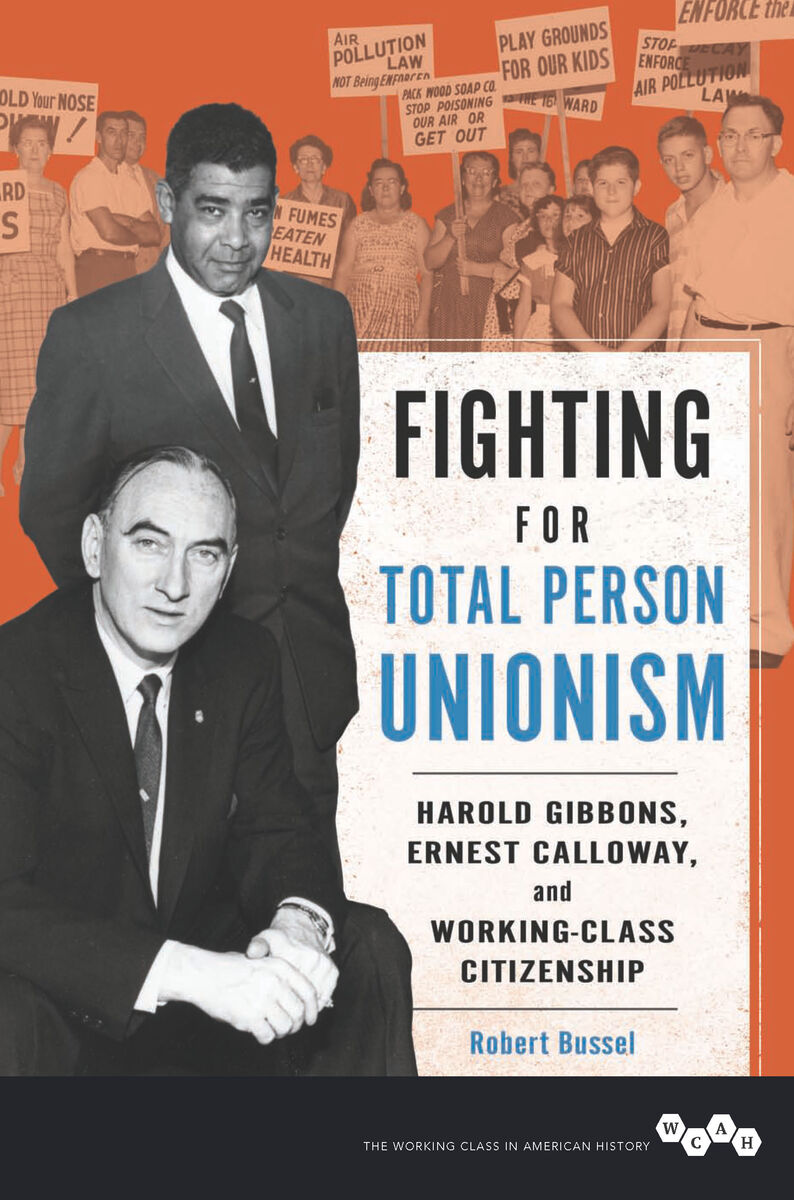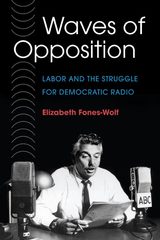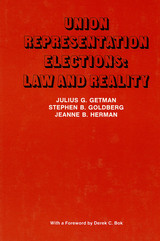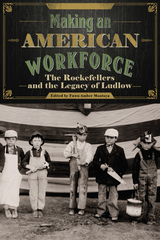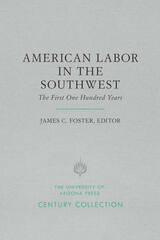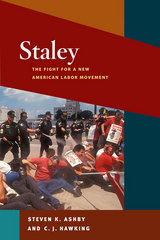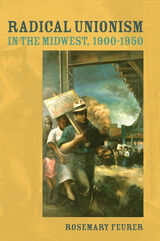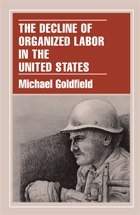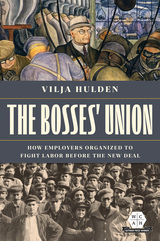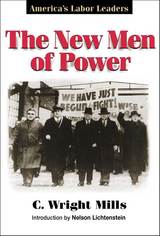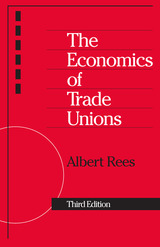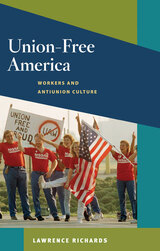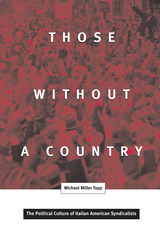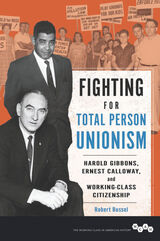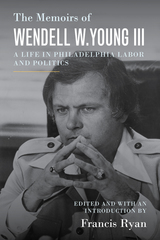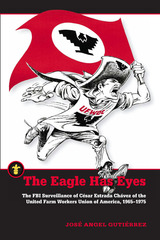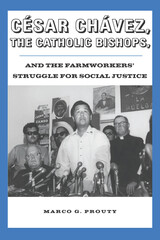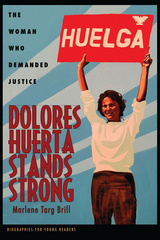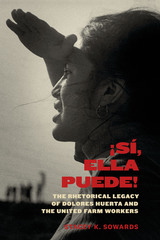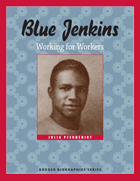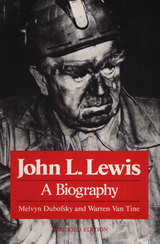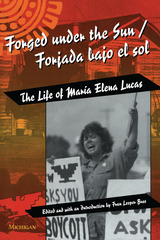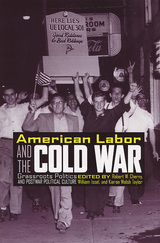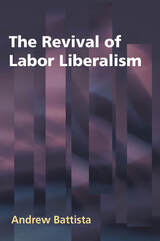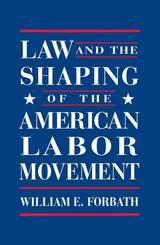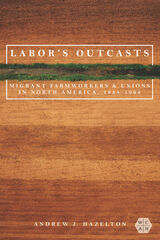Fighting for Total Person Unionism: Harold Gibbons, Ernest Calloway, and Working-Class Citizenship
University of Illinois Press, 2015
eISBN: 978-0-252-09760-7 | Paper: 978-0-252-08104-0 | Cloth: 978-0-252-03949-2
Library of Congress Classification HD6508.5.B87 2015
Dewey Decimal Classification 331.88092273
eISBN: 978-0-252-09760-7 | Paper: 978-0-252-08104-0 | Cloth: 978-0-252-03949-2
Library of Congress Classification HD6508.5.B87 2015
Dewey Decimal Classification 331.88092273
ABOUT THIS BOOK | AUTHOR BIOGRAPHY | REVIEWS | TOC
ABOUT THIS BOOK
During the 1950s and 1960s, labor leaders Harold Gibbons and Ernest Calloway championed a new kind of labor movement that regarded workers as "total persons" interested in both workplace affairs and the exercise of effective citizenship in their communities. Working through Teamsters Local 688 and viewing the city of St. Louis as their laboratory, this remarkable interracial duo forged a dynamic political alliance that placed their "citizen members" on the front lines of epic battles for urban revitalization, improved public services, and the advancement of racial and economic justice. Parallel to their political partnership, Gibbons functioned as a top Teamsters Union leader and Calloway as an influential figure in St. Louis's civil rights movement. Their pioneering efforts not only altered St. Louis's social and political landscape but also raised fundamental questions about the fate of the post-industrial city, the meaning of citizenship, and the role of unions in shaping American democracy.
See other books on: 1910- | Equality | Labor leaders | Labor movement | Working class
See other titles from University of Illinois Press
